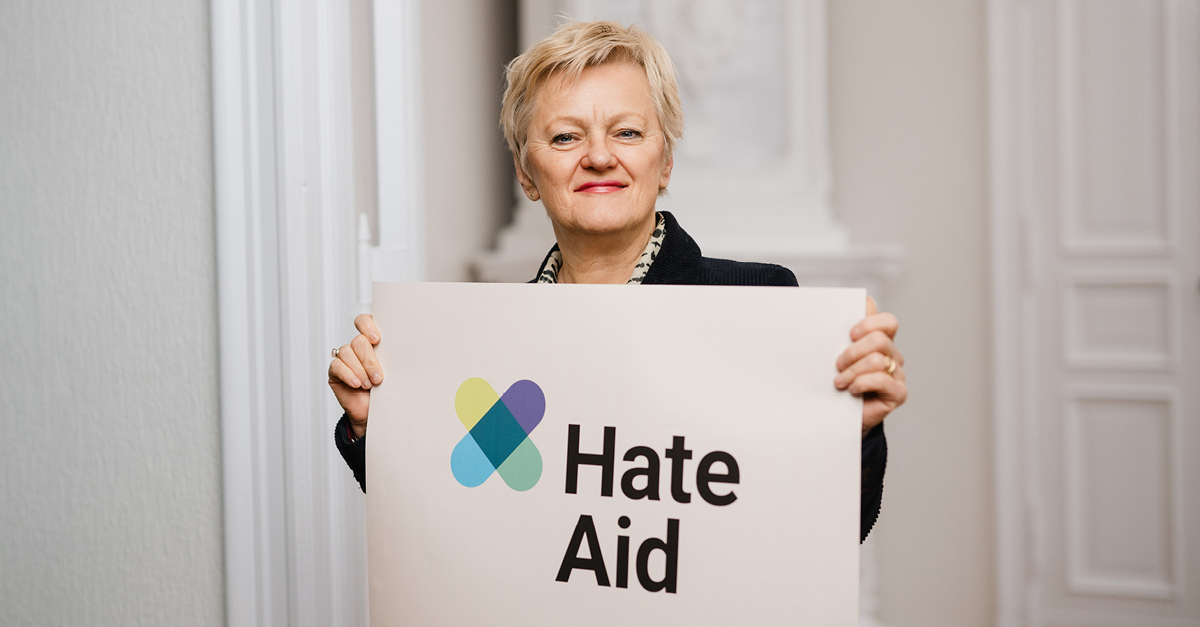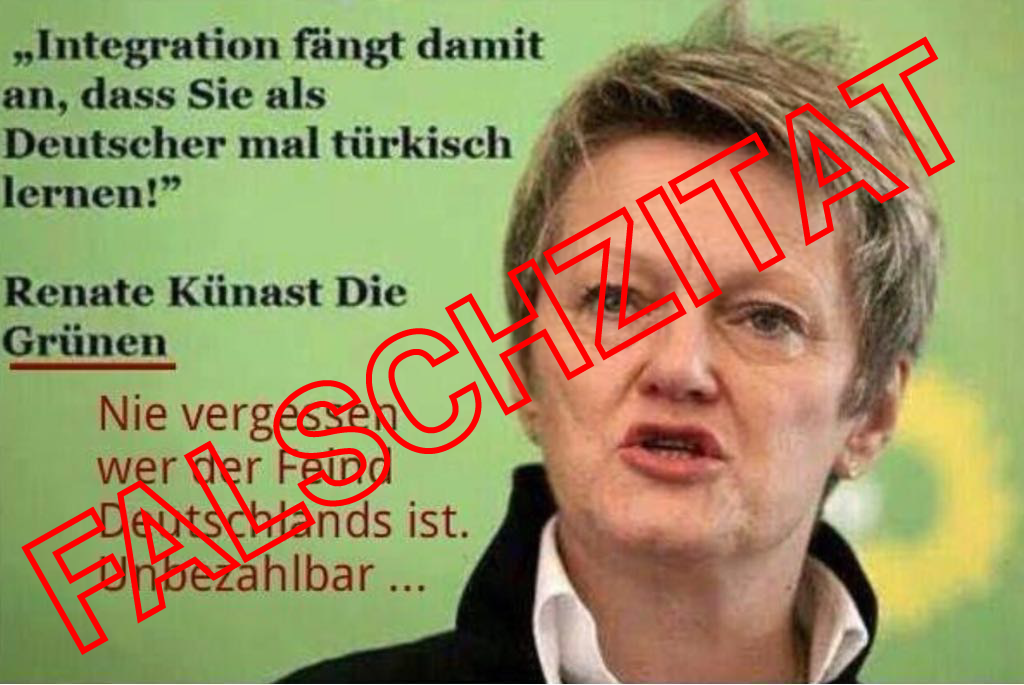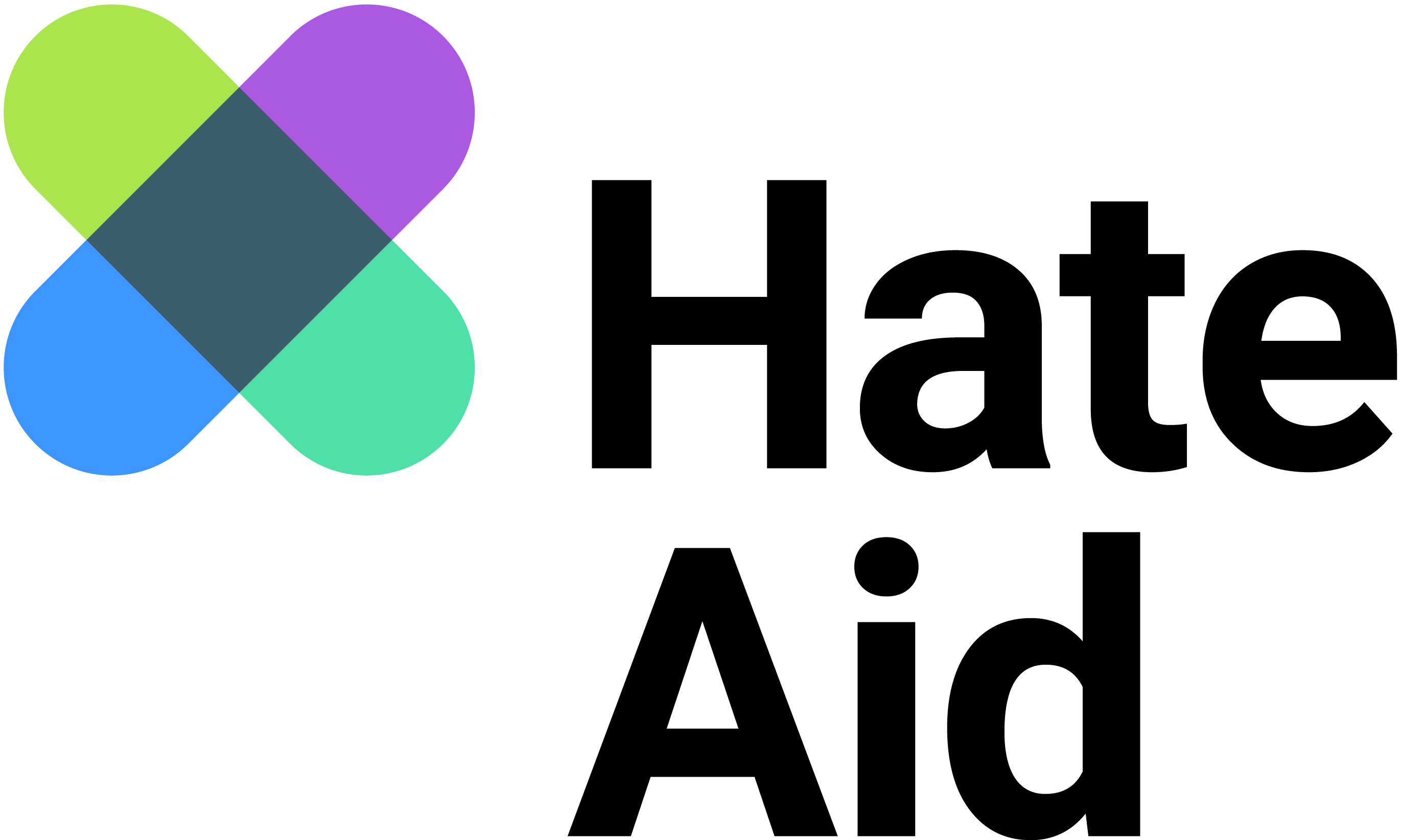Everything about the Facebook landmark case
#FacebookDoYourJob
In a spectacular lawsuit, Green politician Renate Künast has been defending herself against misquotes & memes of her on Facebook since April 2021.
Despite a clear ruling by the Frankfurt Regional Court in favour of our client, the case was recently reviewed by the Frankfurt Higher Regional Court due to an appeal by Meta.
On 25 January 2024, the Higher Regional Court of Frankfurt am Main largely confirmed the landmark ruling for dealing with digital violence in Germany. Meta’s appeal against the judgement of the competent regional court was largely rejected.
This means: Meta must consistently delete illegal misquotation memes, whether identical or similar. The Higher Regional Court of Frankfurt am Main confirmed that it is not the responsibility of users to delete every single meme, but is the responsibility of the platforms. However, Meta has appealed against this judgement. Everything is now up for debate again. The case will be heard by the Federal Court of Justice on 18 February 2025.
The trial
What is the landmark case against Facebook about?
Specifically, it is about a meme depicting the politician Renate Künast. Next to her picture and her name is an alleged quote from her. But she never actually said these words. A classic misquote intended to attack her and put her in a bad light in the public eye.
In mid-2021, Renate Künast filed a lawsuit against the social media platform at the Frankfurt Regional Court in order to finally stop the dissemination and have Facebook delete it. The goal was clear from the outset: a landmark judgement that would benefit all those affected.
After the regional court ruled in favour, Meta appealed. The case was then heard at second instance by the Frankfurt am Main Higher Regional Court. In 2024 the Higher Regional Court mainly ruled in favour of our client and obliged Meta to delete identical and similar false quotations. In February 2025, the Federal Court of Justice will deal with this case, as Meta has lodged an appeal against this judgement.
The significance
What does this process mean for all social network users?
Finding and reporting all reposts of a false quote is an impossible task for those affected.
But this is exactly what Facebook used to require of those affected: they had to search for and find every single shared or re-uploaded post themselves and report it manually to the platform. This can become a lifelong task.
And those affected are never safe because the false quotes are also shared in closed groups to which they have no access. Social media platforms such as Facebook have so far refused to cooperate – and have allowed illegal content to remain on their platform with their eyes open.
Renate Künast and we are demanding precisely this cooperation from Facebook: we want the platform to search for all shared, identical or similar memes, check them and delete them if necessary, for example if they are not journalistic reporting.

Renate Künast in conversation with HateAid CEO Anna-Lena von Hodenberg. Photo: HateAid
Effects of uncontrolled digital violence
The spread of misquotes and illegal memes is incredibly fast due to nontransparent algorithms and is very difficult to stop. Once such a post is out in the world, it sometimes only takes a few seconds for it to appear in thousands of feeds and be shared further.

Users of social networks were previously powerless when misquotes spread quickly and uncontrollably online. Photo: Pexels/William Fortunato
And even outside the digital bubble, consequences quickly become apparent for those affected if offensive, false and illegal content remains online and is not penalised:
- Lies on the internet can cost employees their job if their boss comes across them and believes them.
- Friendships can break up if false facts are claimed online and it is not possible for those affected to delete them.
- Lives can be destroyed if reputations are irrevocably damaged.
The study ‘Lauter Hass – leiser Rückzug’ by us, Das NETTZ, Gesellschaft für Medienpädagogik und Kommunikationskultur and Neue deutsche Medienmacher*innen as part of the competence network against hate on the internet presents alarming figures on the consequences of hate on public discourse. It shows very precisely what impact digital hate has on respondents:
are less likely to express their political opinions due to digital violence.
think that hate jeopardises diversity online because it intimidates and represses people.
agree that online hate has increased in recent years.
A fair discourse at eye level is impossible if hate comments and false reports go unpunished. People could be intimidated if lies are spread about them on the internet after they have expressed their opinions publicly.
In the worst-case scenario, this can lead to them withdrawing from political office, public life or voluntary work.
In order to prevent this, we are conducting the landmark lawsuit against Facebook. We must ensure that the major platforms take responsibility and delete digital violence. For the rights of those affected. And so as not to further jeopardise public discourse.
Our successes in the first instance
What we achieved before the Regional Court
In April 2022, the Frankfurt Regional Court ruled in the first instance as follows
- Facebook must search for and delete all identical memes that were present on the platform at the time of the judgement and contain a photo of Renate Künast, her name and the demonstrable misquote.
- Facebook is also obliged to search for and delete all similar memes of this type that were present on the platform at the time of the judgement. Similar content includes memes that are slightly modified but essentially the same.
- As Renate Künast’s personal rights were violated, Facebook must also pay €10,000 in damages. The court also justified the severity of the violation of personality rights with the hate that was directed at Künast in response to the meme.
The judges were convinced that the Group could be expected, both technically and economically, to track down and delete identical, almost identical and similar memes even without a specific URL.
In their judgement, they pointed out that it was not necessary to set up so-called upload filters for this purpose.
Human moderation decisions could also be required. As Facebook appealed against this judgement, the case was heard further at the Higher Regional Court.
Our successes in the second instance
What we achieved before the Higher Regional Court
In January 2024, the Higher Regional Court of Frankfurt am Main ruled in the second instance as follows
- Meta must locate and consistently delete all identical memes on the social media platform Facebook that were on the platform at the time of the first instance judgement and contain a photo of our client Renate Künast, her name and the demonstrable misquote.
- Furthermore, the Group is also obliged to search for and delete all memes of this type that were present on the platform at the time of the first instance judgement. Similar content includes memes that are slightly modified but essentially the same.
Our client and plaintiff Renate Künast was thus also principally vindicated in the second instance. However, Meta appealed. The Federal Court of Justice will hear the case in February 2025.

Photo: HateAid
“The more we know about the work and networking of right-wing extremist structures, the more obvious the responsibility of social media platforms becomes. The judgement by the Frankfurt Higher Regional Court sets a milestone for personal rights with Meta’s obligation to remove content. I am very pleased.”
Renate Künast (Bündnis 90/die Grünen), Member of the Bundestag

Photo: HateAid
“With this judgement, a second instance court has confirmed for the first time that social media companies cannot outsource the discovery of defamatory content to those affected by digital violence.
The court thus sets new standards for the protection of those affected and obliges the platforms to do more to protect our society and democracy from systematic disinformation through smear campaigns.”
Josephine Ballon, CEO at HateAid
The proceeding over time
Timeline of the Facebook landmark case
The meme is posted

Renate Künast’s misquote is posted online for the first time in the course of 2015*, users spread the post further.
* Date chosen as an example in the timeline, as it is unclear exactly when the first post appeared.
Deletion obligation for Facebook
The Glawischnig judgement is handed down at the Court of Justice of the European Union. It states that it is not in breach of EU law if Facebook is obliged to delete unlawful comments and to delete hate comments with the same meaning and wording. The court leaves many questions unanswered regarding the exact form of the deletion obligation, for example with regard to technical aids and manual checking obligations. This means that national courts in Europe must now decide whether and in what way they will oblige platforms to delete content.
Lawsuit against Facebook
On 23 April 2021, Renate Künast, with the support of HateAid, files a lawsuit against Facebook at the Frankfurt am Main Regional Court.
Oral hearing
At the hearing before the Frankfurt Regional Court, Meta once again attempted to deny responsibility for the deletion of masses of illegal content on the platform. Together with plaintiff Renate Künast, however, we are calling for better protection for those affected by digital violence and for illegal content to be proactively identified and deleted.
🏆 The judgement is in: we have set a precedent!
The court has ruled – and found in our favour on all the points we demanded! Facebook is now obliged to search for and delete all identical and similar memes of Renate Künast that were on the platform at the time of the judgement. In addition, Facebook is obliged to pay €10,000 in damages.
Appeal judgement pending
The large Meta corporation wants to evade its responsibility and has lodged an appeal. According to Meta, it was unreasonable to identify and delete the fake quotes. On 7 December 2023, we therefore represented Renate Künast before the Frankfurt am Main Higher Regional Court. The appeal judgement is expected on 25 January 2024.
Historic judgement for Künast and HateAid
The large Meta corporation must find and delete hate itself – whether identical or similar. This was the conclusion reached by the Frankfurt am Main Higher Regional Court.
Oral hearing at the BGH
Meta has appealed against this judgement. Everything is now up for debate again when the case is heard by the Federal Court of Justice.
It is clear to us that we will continue to fight for the rights of all internet users even if the appeal should be successful. But such lawsuits are expensive and that’s why we need you. Support us with a donation so that we can continue to defend human rights online.



